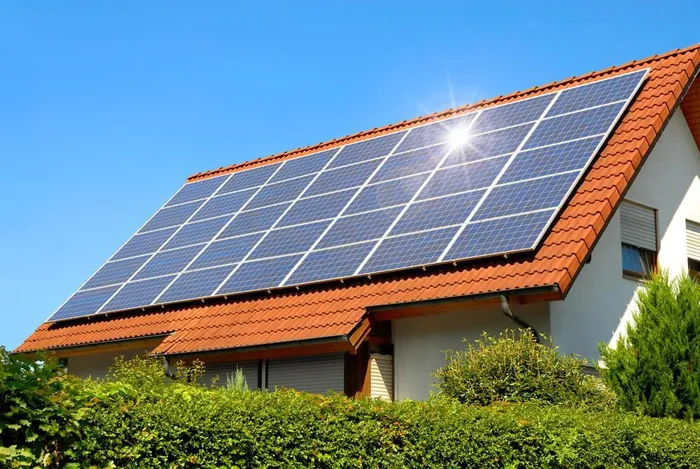Clouds on solar horizon

Why should Eskom users be penalised because they also have solar panels?
Image: Supplied
South Africa enters winter with a cautiously optimistic outlook: for the first time in years, the dreaded spectre of loadshedding may retreat - provided that unplanned outages remain below 13GW.
This fragile hope rests not only on improved Eskom performance, but significantly on the rapid adoption of rooftop solar. More than 6GW of decentralised generation has been added by households and businesses investing in energy independence, easing pressure on the national grid.
However, this vital momentum is now under threat.
The International Trade Administration Commission's proposal to impose import duties of up to 30% on a wide range of solar components could drastically inflate installation costs. At a time when South Africa should be removing barriers to alternative energy, ITAC risks making solar unattainable for many, especially the middle class and small enterprises that have driven its recent growth.
Compounding this is Eskom's new Retail Tariff Plan. From last month, solar users still connected to the grid are being billed an additional Generation Capacity Charge - currently at 20% but set to increase.
While it is reasonable that Eskom seeks to recover infrstructure costs, this approach undermines the very users who have helped stabilise the grid.
Penalising energy-conscious citizens with high fixed charges discourages investment in solar and punishes those reducing their reliance on a failing system.
South Africa's energy recovery depends on a balanced strategy. Eskom must be supported to maintain and improve its generation capacity, but not at the cost of the country's fastest-growing and most promising energy sector.
Any fixed charges should be proportionate, transparent and structured to reflect actual grid usage, not to recoup lost revenue from declining demand.
Instead of discouraging decentralised energy, policymakers should protect and accelerate it. Grid stability and solar expansion are not mutually exclusive - they are mutually reinforcing. South Africa cannot afford to get this equation wrong.